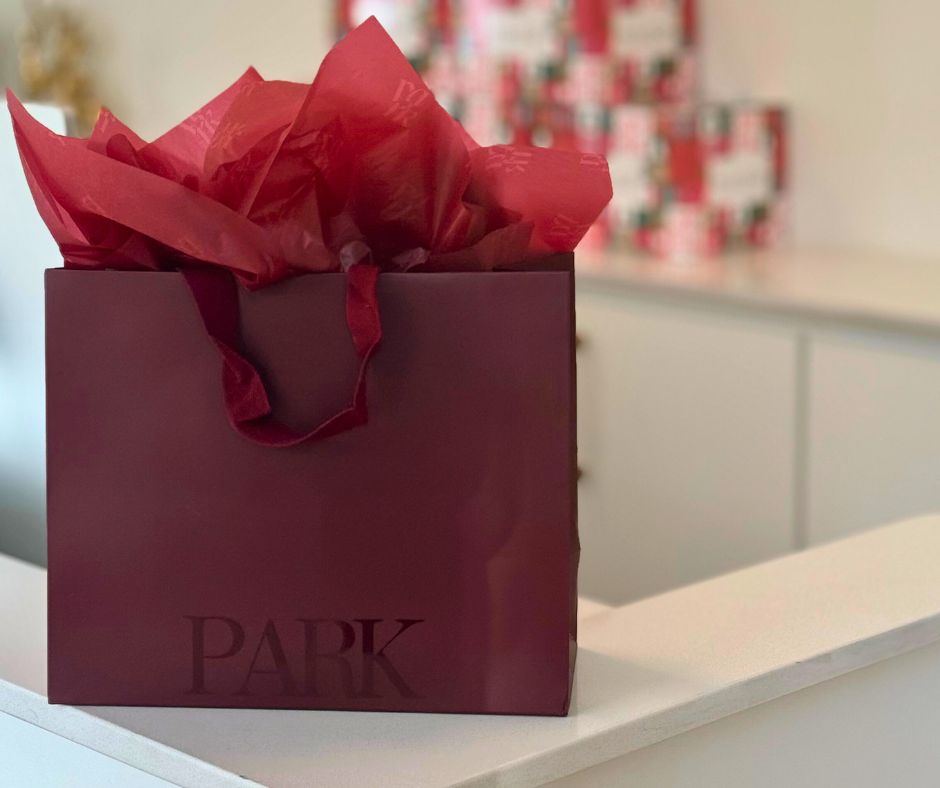Our Location
130 Tibet Ave
Suite 105
Savannah, GA 31406
We are located in Tibet Professional Center with plenty of parking available.
If you've recently undergone a Botox or filler treatment, congratulations! These popular cosmetic procedures can help smooth out wrinkles, enhance facial contours, and rejuvenate your appearance. However, as with any medical procedure, it's important to follow a set of post-treatment instructions to ensure a smooth and successful recovery. You may be wondering what to do after botox injections. In this article, we'll go over what to do and what not to do after getting Botox and filler injections, so you can enjoy your results to the fullest. Whether you're a seasoned pro or new to these treatments, we've got you covered with expert tips and guidance. So let's get started!After getting Botox or filler injections, it's normal to feel some mild swelling, redness, or tenderness at the injection site. These side effects are usually temporary and should resolve within a few days. However, there are some things you can do to minimize discomfort and speed up your recovery. In the following sections, we'll go over the dos and don'ts of post-treatment care, so you can get back to your normal routine as soon as possible. Whether you're looking to minimize bruising, reduce swelling, or just take good care of your skin, we've got you covered with practical tips and expert advice.
After Botox injections:
DO:
- Follow your healthcare provider's post-treatment instructions.
- Avoid strenuous exercise and heavy lifting for the first 24 hours after treatment.
- Avoid alcohol and excessive heat (such as hot showers or saunas) for the first 48 hours after treatment.
- Avoid rubbing or massaging the injection site.
- Keep your head elevated for the first few hours after treatment to help reduce swelling.
DON'T:
- Don't lie down for at least four hours after treatment.
- Don't take aspirin or other blood thinners for at least a week after treatment.
- Don't drink alcohol for at least 24 hours after treatment.
- Don't expose the injection site to extreme heat or cold for the first 48 hours after treatment.
- Don't have any facial treatments (such as facials, peels, or waxing) for at least a week after treatment.
After receiving filler injections:
DO:
- Follow your healthcare provider's post-treatment instructions.
- Avoid strenuous exercise and heavy lifting for the first 24 hours after treatment.
- Avoid alcohol and excessive heat (such as hot showers or saunas) for the first 48 hours after treatment.
- Avoid rubbing or massaging the injection site.
- Keep your head elevated for the first few hours after treatment to help reduce swelling.
- Drink lots of water! Filler can hold its weight in water so it's important to stay hydrated.
DON'T:
- Don't take aspirin or other blood thinners for at least a week after treatment.
- Don't drink alcohol for at least 24 hours after treatment.
- Don't sleep directly on the filled area for the first 48 hours.
- Don't expose the injection site to extreme heat or cold for the first 48 hours after treatment.
- Don't have any facial treatments (such as facials, peels, or waxing) for at least a week after treatment.
It's important to follow the post-treatment instructions provided by your healthcare provider, as they will be tailored to your specific treatment and needs. If you have any questions or concerns about your recovery, don't hesitate to reach out to your provider for guidance.
MANAGING POST-INJECTION BRUISING
Bruising after receiving injections like filler and Botox is a common side effect that can be unsightly and inconvenient. However, there are steps you can take to minimize bruising and speed up the healing process. Here are some tips for managing bruising after getting injections:
- Apply cold compresses to the injection site: Applying cold compresses to the injection site can help reduce swelling and minimize the appearance of bruising. You can use a bag of frozen vegetables or an ice pack wrapped in a towel. Apply the cold compress for 15-20 minutes at a time, several times a day.
- Avoid strenuous activities: After getting injections, it's important to avoid activities that might increase blood flow to the injection site, such as vigorous exercise or heavy lifting. This will help reduce the risk of bruising.
- Avoid certain medications: Some medications, such as blood thinners and non-steroidal anti-inflammatory drugs (NSAIDs), can increase the risk of bruising. If you're taking these medications, it's important to discuss with your healthcare provider whether you should continue taking them before and after your injection procedure.
- Apply arnica cream: Arnica cream is a natural remedy that is thought to help reduce swelling and bruising. You can apply it to the injection site several times a day until the bruising has faded.
- Avoid the sun: It's important to avoid exposing the injection site to the sun until the bruising has fully resolved. Wearing sunscreen and protective clothing can help protect the skin from further damage.
Overall, managing bruising after getting injections is largely a matter of being patient and following the advice of your healthcare provider. With proper care, the bruising should fade within a week or two.
More insights
Discover the latest trends, best practices, and expert opinions that can reshape your perspective








